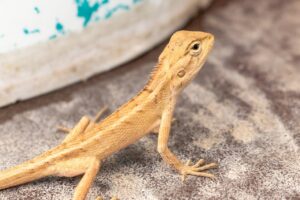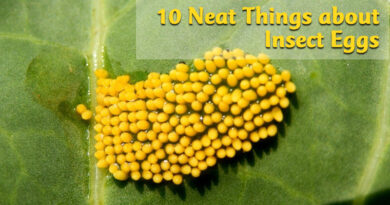Gecko Alert: Public Health Warning Issued
A public health warning about geckos has been issued in Canada. It seems that someone attempted to lure geckos into their gardens for natural pest control, as geckos are highly regarded for their ability to naturally manage pests in garden areas. Geckos consume a wide variety of insects, with a preference for roaches, mosquitoes, crickets, and ants.
However, there has been a recent emergence of geckos posing a potential risk to public health. The Public Health Agency of Canada, in collaboration with provincial public health partners, the Canadian Food Inspection Agency, and Health Canada, is investigating an outbreak of salmonella infections across British Columbia, Alberta, Saskatchewan, Manitoba, Ontario, and Quebec.
The Public Health Agency of Canada has issued a public health notice to inform Canadians of the current findings of the investigation and to share essential practices for safe food handling to mitigate further salmonella infections.

From November 2018 to March of the current year, there have been 63 confirmed cases of Salmonella Enteritidis illness in British Columbia (23), Alberta (10), Saskatchewan (8), Manitoba (10), Ontario (10), and Quebec (2). Among these cases, 18 individuals required hospitalization, and two deaths occurred. The affected individuals range from 1 to 87 years old, with 57 percent being female.
Symptoms of salmonellosis typically manifest within six to 72 hours after exposure to an infected animal or contaminated product and include fever, chills, diarrhea, abdominal cramps, headache, nausea, and vomiting. These symptoms typically subside within4 to 7 days without treatment in healthy individuals. However, severe illness requiring hospitalization may occur in some cases, necessitating antibiotic treatment. Infected individuals can remain contagious for several days to weeks.
While most people recover fully from a Salmonella infection within a few days, it is possible for some individuals to carry the bacteria without exhibiting symptoms, potentially spreading the infection to others. Hopefully, this public health warning regarding geckos will be mitigated soon.











